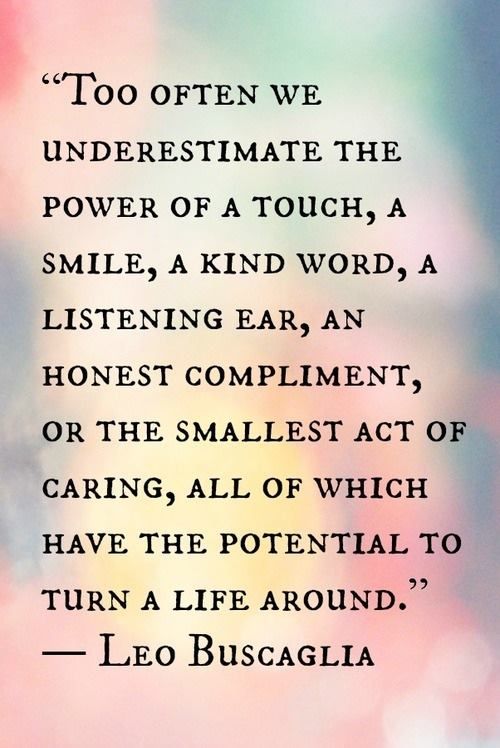
I really love living in Anne Arundel County. When we first moved to our “forever home” in 2015 (worthy of this auspicious title because we finally found an affordable and accessible home), this Willow tree was huge! Located on a nearby farm that I drove by every single day, this tree shaded a large area of pasture that 10-15 cows called home. You can tell by the size of the original trunk how massive this tree was in its prime.
I do not know if my admiration and affection stemmed from the fact the tree was simply beautiful, or that it bordered this idyllic version of a small farm reminding me of my childhood. Regardless, I became really attached to this tree. I passed it on the way to work and on the way home from work. It was hard not to get distracted by which cow or calf was scratching its bovine butt or shoulder on the trunk of this tree as I drove by each day.
One day I noticed that the owners had added some wooden supports on one side. I had noticed the tree had a slight “lean” to it all along and was curious about the farmer’s attempt to provide assistance against the “lean”. After twenty minutes of “googling” Weeping Willow trees, I discovered that their shallow root system can mean a tree can be at risk in high wind areas or areas with high water tables. I was actually surprised the farmer chose to do this as the effort provided support, but certainly was not aesthetically pleasing. It was the only provisional shade in the pasture, so perhaps the owners sought to prevent a problem before it happened. In this way, the farmer insured necessary relief from the heat of the day for the small herd.
Wouldn’t ya know, last Fall “something” happened to this tree. I didn’t see it happen so could only guess as the trunk was split and the vast majority of the tree lay in pieces on the ground. It made me very sad. Don’t ask me why, but I was a little weepy about the broken Weeping Willow! Over the next week I noticed branches being cut and hauled away. I was surprised to see the core trunk of this once stately giant with graceful crown of “weeping” branches still intact. In fact, it continued to be supported.
I like to think this survivor tree held some kind of sentimental value to the farmers. Perhaps it was a more pragmatic reason such as Willows grow quickly and it provided necessary shade to protect the cattle on a day with unforgiving heat and humidity. Still, I prefer thinking it was for heartfelt reasons they chose to do what they could for this “little engine that could” tree.
I watched all winter. Each day I drove by and thought this tree is DEAD and DONE. Much to my surprise, this Spring the tree began to grow again. It looks a little awkward and perhaps even unsightly with the obvious man-made supports in place. Yet it sprouted new branches with blooms and then leaves. I have a feeling this tree is going to surprise us all.
Anne Arundel Community College, like other schools nationwide, was forced to move all instructions online this Spring. Is it because I’m late-deafened that I really prefer interacting with my students face-to-face? Maybe. I know plenty of instructors with normal hearing that were dismayed by the daunting task of providing an engaging learning environment.
Many teachers provide a little blurb in their syllabus and perhaps a “3 minute mention” about accessible options, assistance and supports, and disAbility services. I realize it is likely because my heart beats within the chest of someone who lives with disAbilities and chronic conditions, but to me the issue should not be mentioned once and then never again. For one thing, there are numerous conditions that do not classify as a disability yet students still benefit from support. There are mental health diagnosis and physical chronic conditions that may make it difficult for a student to be “all in” during classes.
This is why I talk about it… WEEKLY. I remind students to come to me if they need support. Perhaps they need a face-to-face meet in my office. After quarantine, it may mean they needed a Zoom call so that they could talk. Prior to the social isolation restrictions in place, I used the ‘RED PAPERCLIP‘ system. My students have nameplates that they toss in a folder at the end of class. If the red paper clip on the back of their name plate was moved to the top, I contacted them via email and we set up a “text meet”, office hours conference, or FaceTime call.
After Spring break turned into a 3-week long, panic-filled transition period for instructors, I thought long and hard about what to do in place of my “RED PAPERCLIP‘ system so that students could still let me know they needed my support for something. These “somethings” included things like:
- A 2-3 day extension on a due date
- A pep-talk
- A listening ear
- Further information about the details of a project if the written instructions alone were not enough
- Resources and/or connections to virtual mental health practitioners (I’m a teaching psychologist and not a counseling psychologist).
- Resources for food, shelter, etc.
- Advice and discussion about transfer decisions
- Extra credit opportunities
- AND MUCH MORE
So what to do if I didn’t have nameplates turned in after class and a visual check of red paperclips? Mid-semester I could only come up with staying in close contact (every couple of days) via email, reminding them of my availability and desire to assist. Do you know during the last 8 weeks of the semester, I received a half dozen texts from students who only sent a picture of a red paperclip? I received OVER a dozen emails from students with “red paperclip” in the subject line of their email. It made me smile. Well… it was a weepy smile, but a smile nonetheless.
For whatever reason, the farmer down the road from me, decided to support this willow tree. Will it ever be self-supporting again? I can’t answer that. Yet with support, this weeping willow provides something needed and necessary to a small herd of cattle. It is growing back quickly. Who knows what it will look like next year? Perhaps it provides some sentimental value to the owner as well. What I can tell you is that without the man-made supports in place, this tree wouldn’t have had a chance at a comeback.
My students know that I get “having a bad day”. I don’t allow them to abuse it but they know they can email me for some additional supports or “course grace”. I am also very transparent about my own good days, bad days, and having to push through ON a bad day. You see? I want to model good self-care. I also want to model the strength required to ask for assistance. Heck, I am “fiercely independent” using cochlear implant, captioning apps, service dog, and cane. However, I have learned there is no shame in asking for assistance. In fact, there is strength in asking for assistance and support.
Do you have people in your life right now who need support? If you don’t, you aren’t looking. We all need some support at different times in our lives. It may be a small “help”, but it can mean the world to someone at a time in their life when they just “need a little something”. I also encourage you to learn to ask for support. I assume many of you who are long-time readers of “Hearing Elmo” have disabilities or chronic conditions. Having extra challenges doesn’t mean you aren’t capable of helping others. It also means that you may need a little support from time to time. Learning to ask in a cheerful, matter-of-fact way goes a long way in positive advocacy. I have learned that many friends, colleagues and even total strangers do not know HOW I need support unless I inform them. It may sound like:
“Excuse me, could you pick up that credit card that I dropped? My service dog has trouble with that unless it is on carpet”.
“The automatic door button doesn’t seem to be working. Could you open and hold the door for me?”
“My fingers are particularly numb today. Do you mind picking up the papers at the end of each row?”
“The elevator in this building is not working today. Can you walk a few steps in front of me as I descend?” (Finn, my service dog, does all the work. However, I need a visual peripheral block to keep from feeling wobbly).
“Can you talk into my phone so my app can caption your voice? There is so much background noise in here I cannot hear you”
“Do you mind carrying my tray from the register to a table? With leash and rolling bag in hand, I cannot manage carrying that safely”.
I have never NOT had someone willing to help.
So keep an eye out for leaning willow trees. Pay attention to any “red paperclips” on the face of or in the body language of someone you meet. In small (and sometimes large) ways, we can make a difference.
L. Denise Portis, Ph.D.
©2020 Personal Hearing Loss Journal









